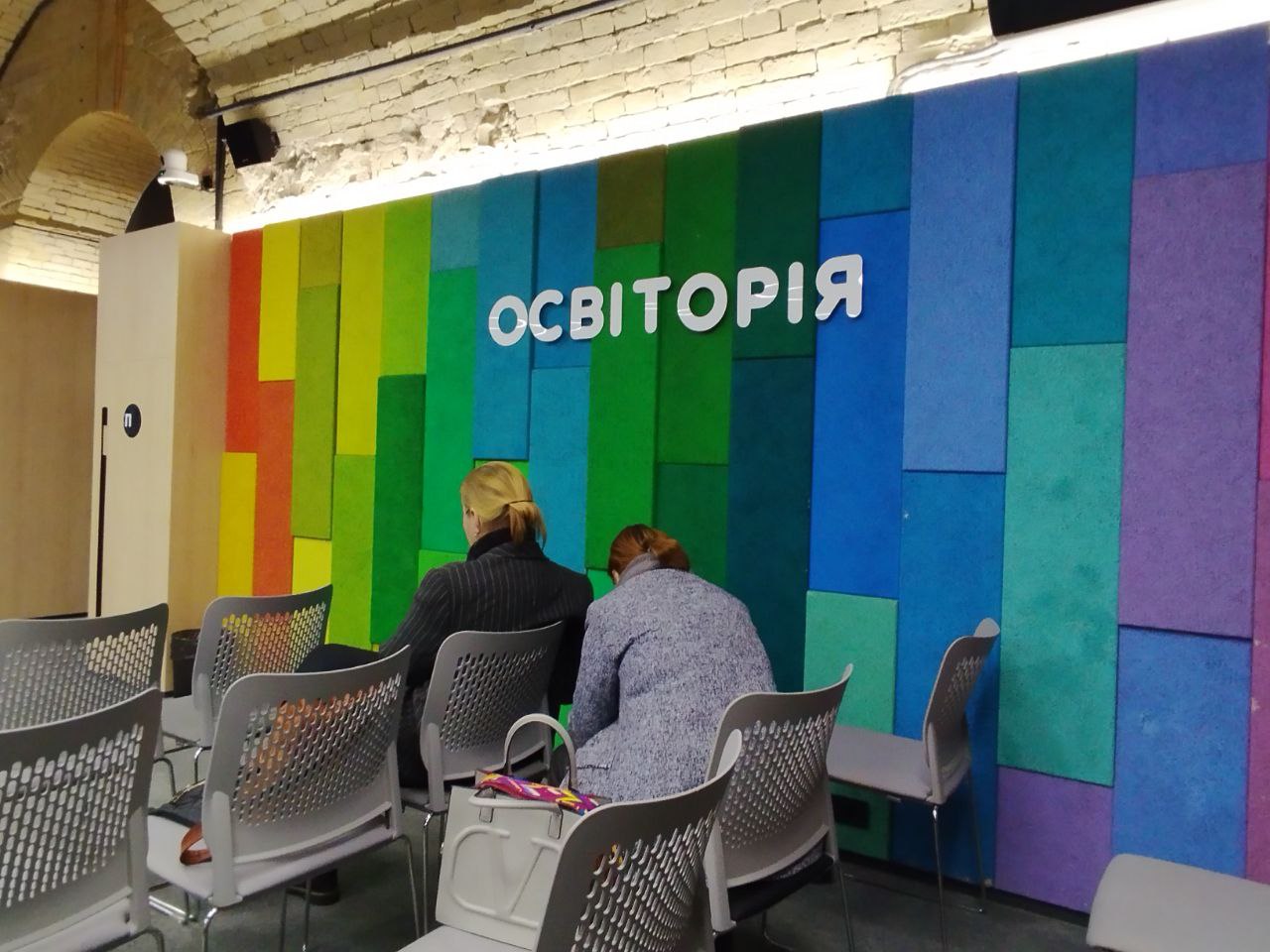Three years of war and freedom of speech: what's wrong with the public discourse surrounding this issue?
On Friday, February 21, an event organized by the Institute of Mass Information (IMI) took place at the capital's hub "Osvitoria". It was dedicated to the third anniversary of Russia's full-scale invasion and the state of freedom of speech under such circumstances.
The announcement mentioned that this would be an event focused on the "realities of media operations in Ukraine." Participants intended to present current data on crimes committed by Russia against media and discuss the challenges faced by Ukrainian media during wartime. Another topic was the "role of media in the resilience of Ukrainian democracy and in countering Russian aggression."
About a dozen speakers from among deputies, media personalities, and civic activists joined the event, along with approximately thirty journalists as guests. Political observer UA.News Nikita Trachuk attended the event, but his impressions were, to say the least, mixed.
Why did it sometimes feel like we were in… Russia during the event? Is the main issue for media in Ukraine a bad US president and lack of funding? Does modern Ukrainian journalism even possess internal reflection? Let's delve into what this was about, what the speakers discussed, and what truly concerns them.
Crimes Against Journalists and the Role of Russia
A cold winter morning in Kyiv, Friday. Around 11 AM, representatives of the Ukrainian media sphere began gathering at the "Osvitoria Hub," located at the food court in the heart of the capital, for a public discussion titled "Three Years of Resistance: Freedom of Speech Amid Full-Scale Russian Invasion."
 3
3Once everyone was assembled, the organizer and director of IMI Oksana Romanyuk took the floor – the very person who shocked Ukrainians with the information that 90% of all domestic media had survived solely thanks to Western grants for many years. In her welcoming speech, Ms. Romanyuk stated, among other things, that peace in Ukraine is impossible without justice and that Ukrainians are ready to be the "frontline" for Russia, provided there is reliable support from European partners.
 4
4Next, Yevheniya Kravchuk, Deputy Chair of the Verkhovna Rada Committee on Humanitarian and Information Policy, joined the meeting via Zoom, as she was on a business trip in Vienna. She stated that journalists and media personnel are always at the forefront of society. The deputy also joked that in light of the situation in the US, it seems Ukrainians will help Americans "hear the truth," similar to how people secretly listened to "Radio Liberty" during the Soviet era.
According to Ms. Kravchuk, she is impressed by her communication with European colleagues. Europeans are currently "on edge" due to Trump's actions, and they are all outraged. However, regarding freedom of speech, she says Ukraine has strong support from partners in Scandinavian countries, Canada, and all of Europe. The elected representative also noted that the EU will be collecting donor funds for independent media in Ukraine. She also reminded everyone of the importance of fighting for journalists held captive by Russia.
After Kravchuk, the head of the Verkhovna Rada Committee on Freedom of Speech Yaroslav Yurchyshyn joined the meeting. He also participated online, as he is currently abroad. In his welcoming remarks, the deputy "thanked for the opportunity to express gratitude."
"Nothing for journalists and about journalists without journalists," – Yurchyshyn